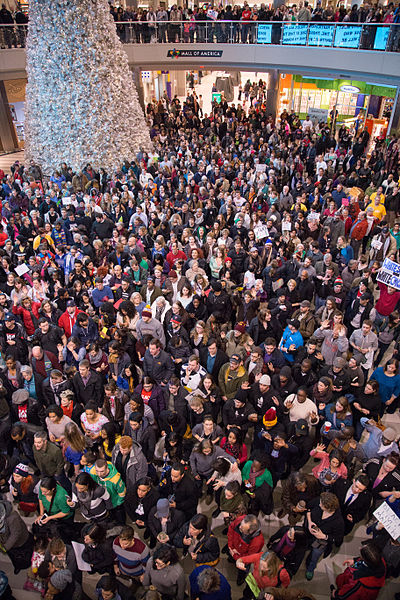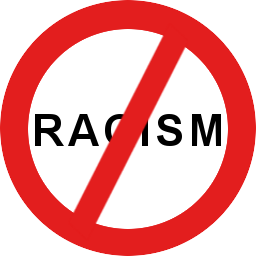
Image by Rrenner at English Wikipedia and licensed under the Creative Commons Attribution-Share Alike 2.5 Generic license.
In my view, a truly patriotic American is an activist dedicated to the goals outlined in the Preamble of our Constitution. This entails the effort to “form a more perfect Union, establish Justice, insure domestic Tranquility, provide for the common defence, promote the general Welfare, and secure the Blessings of Liberty to ourselves and our Posterity…”
I also believe that anyone who enjoys any benefits from living within a country purporting to be a democracy and providing at least some access to a democratically-based political process has the obligation to participate in that process—in particular by voting.
So, how do you become a patriotic activist in the United States? First of all you need to evaluate the current state of our system. Ask yourself some questions: is everyone in the country treated justly? If not who commits the injustices? Who suffers from the injustices? What will it take to reduce injustices—better laws? Reform of the judicial system? Who has the power to make those changes? How can you influence those power-holders?
And how about domestic tranquility? Is the United States aglow with domestic tranquility right now? If not, what individuals and groups are dividing Americans against themselves? What can be done to bring people together?
When today’s politicians use the word “defense,” are they really talking about defense or is the term “defense” a euphemism for terms such as conquest, imperialism, hegemony, domination? Do current governmental defense programs help or undermine the goal of defense? And would not the ultimate defense be living in peace?
And then we have the “general welfare” and “blessings of liberty”? Does having a higher level of income inequality than all other “developed” nations contribute to the general welfare of people in this country? In the long run, can it contribute to your welfare? How about racist, sexist, ethnocentric language, or attacks on people of color, or Jews, or Muslims, or Catholics, or immigrants? Do they contribute to the general welfare? Do they secure the blessings of liberty for you, your children, your grandchildren?
If not, then pay attention to the promises of this year’s candidates for political office. Do they offer adequate solutions to the challenges of democracy? Do some seem more tuned in to the problems than others? Think carefully, but act too. Vote.



